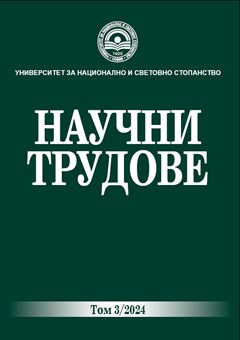“Quo vadis AI?”
Автор: Emil Asenov
Резюме
This article explores the challenges that arose in the context of changes in the corporate governance of OpenAI, the company behind the development of ChatGPT. The internal conflict within the corporation clearly reveals a confrontation between two opposing ideological trends. On one hand, there are representatives of "effective altruism" who believe that uncontrolled development of artificial intelligence is linked to the emergence of existential threats to the future of human civilization. On the other hand, a completely different position is taken by the “effective accelerationists” who argue that consciously and purposefully stimulating technological development is necessary, ignoring possible negative effects. This conflict leads some analysts to claim that the world is witnessing the “first battle in the war for artificial intelligence.”
With the help of artificial intelligence, humans will attempt to build a new and more perfect world. However, the world of the future will no longer belong solely to humans. It will be a shared world with artificial intelligence, where the human and technological elements will intertwine. Technological development and the strong presence of artificial intelligence will dramatically transform the way people live.
The major unknown at this moment is to what extent artificial intelligence can be one of the most powerful tools for technological development, or conversely, how it can be a source of new, previously unknown risks that humanity is unable to manage.
JEL: O32, O33, K24

